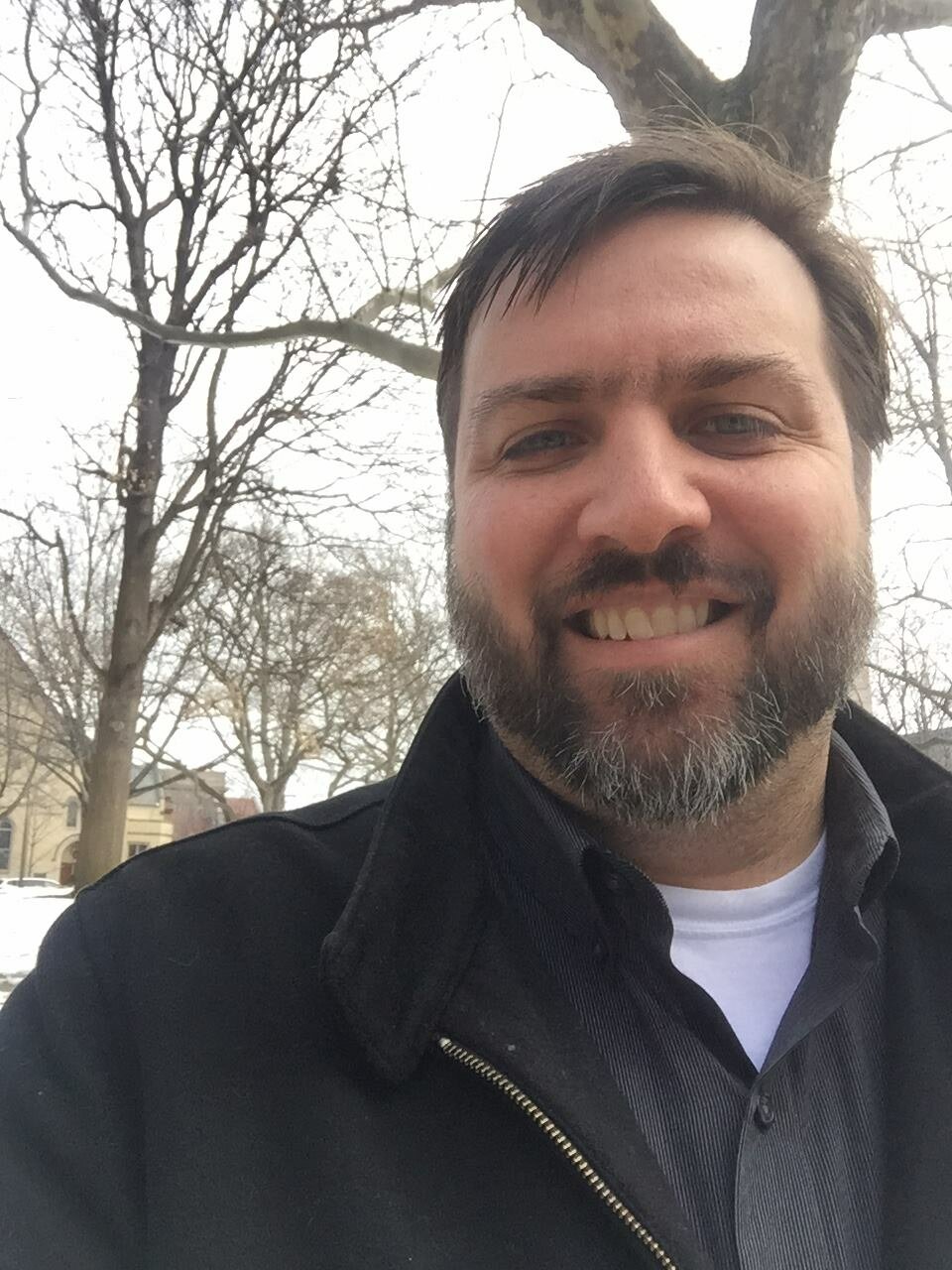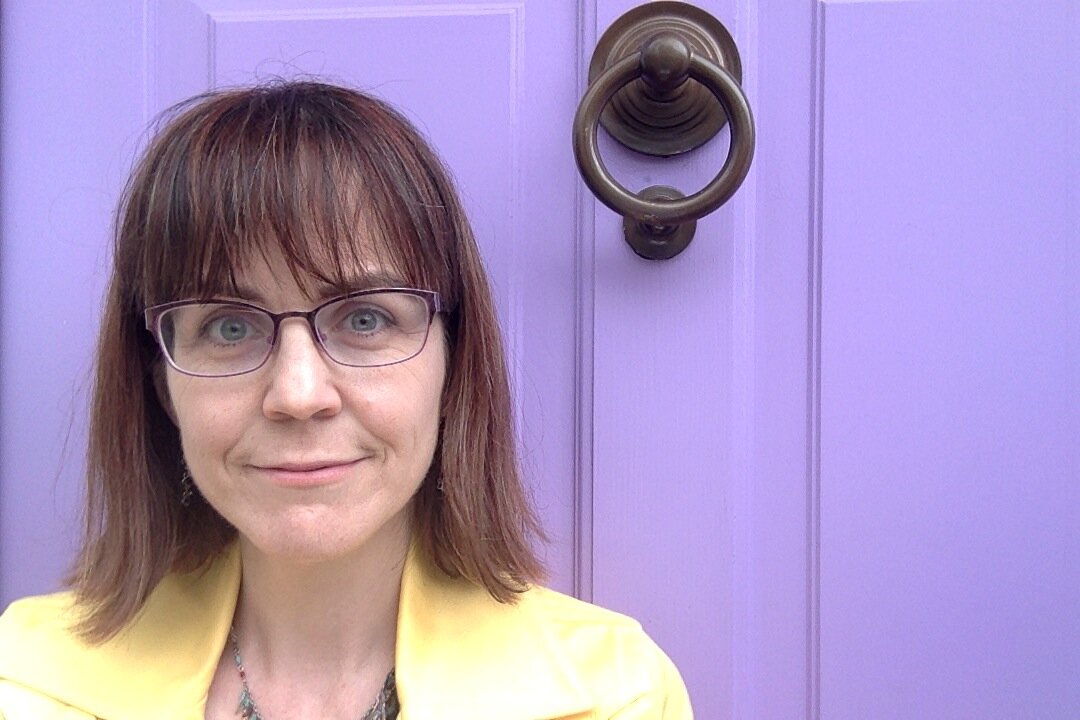The Year of Not Dancing
Hours passed languid as the flap of a hawk’s wing
in a last July before the awkward initiations
of fifteen and lifts to far-afield jiving.
He’d work for an uncle, cutting hay, fixing
shingles with bradawls and hot, smoking pitch —
evenings, hung round with fairground hands
till the sideshows lit at eight. Then he’d sidestroke
from the main pier, alone, on a full tide as far
as the bobbing Perpetua, its line of cork floats
with dock and fairground small as a snow-bubble town,
bull-horns carrying Frank Ifield’s When the angels ask
me to recall out across a calm, irredentist blackness.
C.L. Dallat
…from The Year of Not Dancing (Blackstaff Press, 2009)
_______________________________________
C.L. Dallat, poet, musician & critic, (b. Ballycastle, Co. Antrim, Ireland) lives in London where he reviews literature & the arts for the TLS & Guardian, has been a regular contributor to BBC Radio 4’s weekly Saturday Review since 1998, & is regular house-musician (piano, bandoneon, mandolin etc) at Coffee-House Poetry’s events in London’s famous Troubadour folk’n’poetry’n’jazz cellar-club (www.coffeehousepoetry.org). He won the Strokestown International Poetry Competition, & his latest collection is The Year of Not Dancing (Blackstaff Press, 2009). www.cahaldallat.com

















